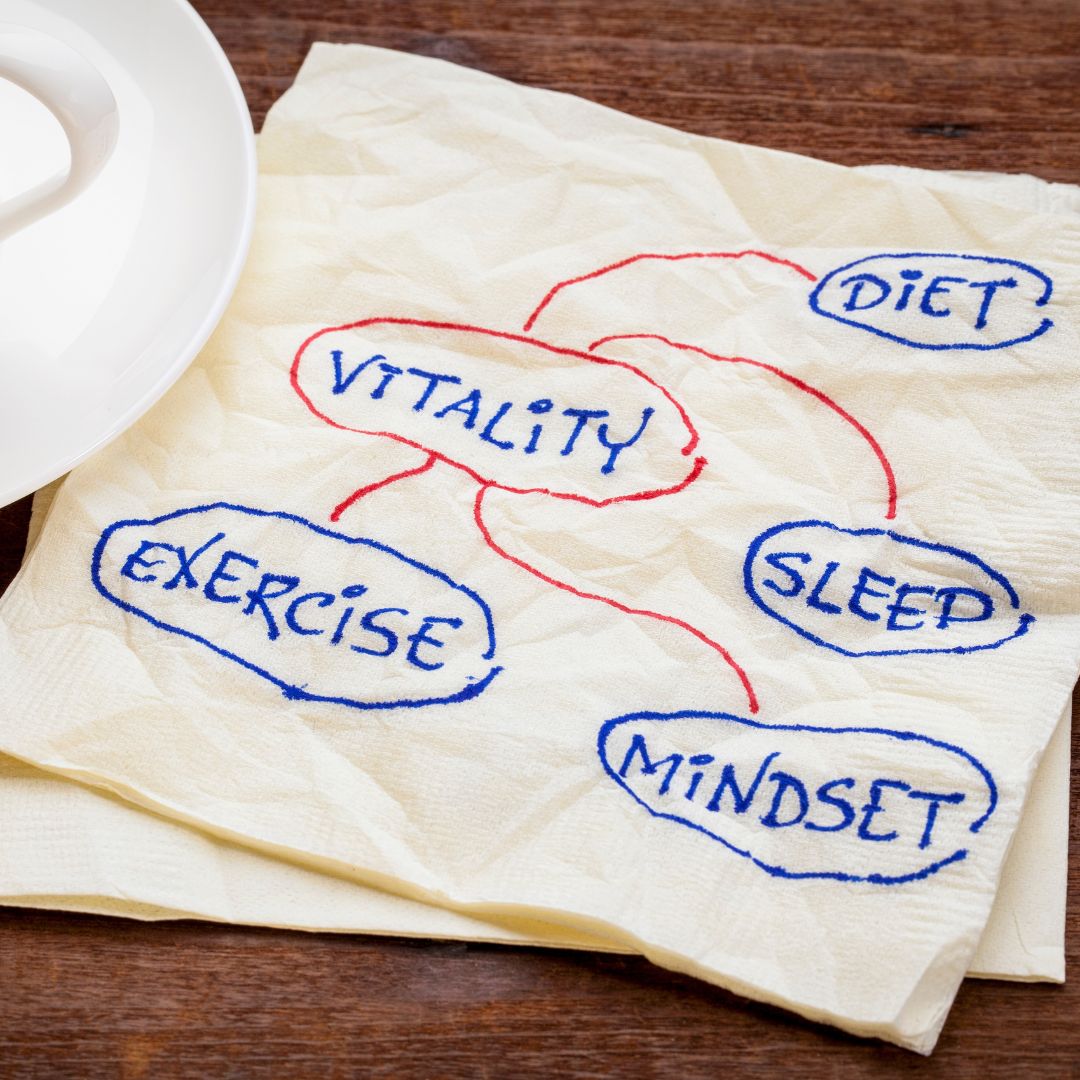
Lifestyle Changes to Improve Your Mood
Exercise – Exercise plays a big part in beating the blues
A number of studies, in which people exercised for 30 to 60 minutes, 3 to 5 times a week, found a drop of around 5 points in their Hamilton Rating Depression Scale – more than double what you’d expect from anti-depressants alone.
If you are feeling down and de-motivated, it’s not easy to get started on exercise: but the benefits are worth it.
Exercise increases blood flow to the brain and raises levels of the brain chemicals serotonin and dopamine. Higher serotonin levels make us feel good. Dopamine helps create a sense of motivation. Natural light also stimulates serotonin.
Exercise helps you to sleep, because it can “burn off” excess adrenalin. It helps to balance blood sugar and lose weight and that, in turn, improves your mood and motivation. When you get started, aim for 20 minutes of exercise five days a week, preferably outdoors. If you are significantly overweight, this could be brisk walking – 30 minutes a day would be better.
Find something you like doing, preferably in a pleasant area, and with other people. It’s great to have an exercise buddy. Exercise then becomes another means of focusing attention away from yourself and your preoccupations, and of spending enjoyable time with others. An exercise buddy also adds accountability. You are more likely to show up.
Following the low-GL mood boosting diet, and maybe taking the right supplements, will improve energy levels enough to give it a go.
Sleep – Mood and Sleep have a lot in common
Lack of sleep has a big effect on how you feel, and finding out how to sleep through the night and wake up refreshed could be the missing piece in getting you to feel a whole lot better.
The amino acid tryptophan is not only the raw material for serotonin but also for melatonin, a brain chemical that helps you sleep by controlling the sleep/wake cycle. It’s the brain’s neurotransmitter, which keeps you in sync with the earth’s day/night cycle. Jet lag, for example, happens when the brain’s chemistry takes time to catch up with a sudden time zone shift.
As you start to wind down in the evening, serotonin levels rise, and cortisol levels fall. As it gets darker melatonin kicks in.
But what can you do to improve your quantity and quality of sleep?
Provide more of the building blocks that make serotonin – tryptophan, an amino acid present in most protein-rich foods like chicken, cheese, tuna, tofu, eggs, nuts, seeds, and milk.
The conversion from tryptophan to serotonin requires folic acid, B6, vitamin C and zinc. These can be found in beef, broccoli, cashews, chicken, chickpeas, cauliflower, peppers, kale, kiwi, lamb, oranges,
parsley, pumpkin seeds, pineapple, salmon, spinach, turkey, and tuna.
SLEEP ACTION PLAN
![]()
Please get in touch and find out more - I offer a free 30-minute exploratory call.